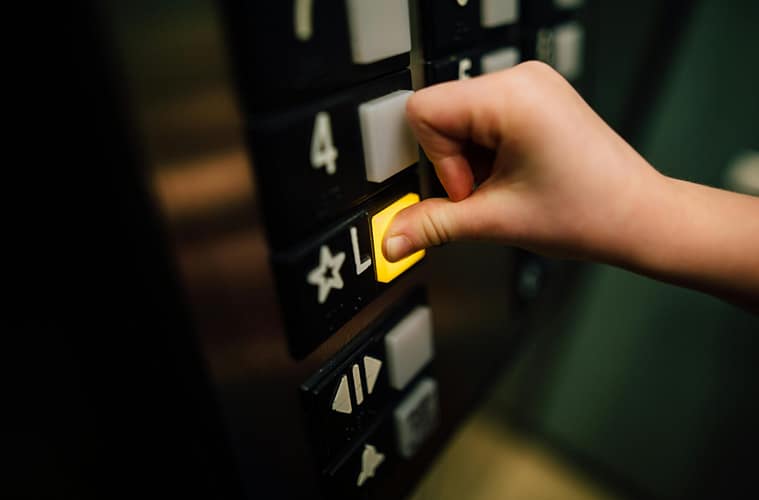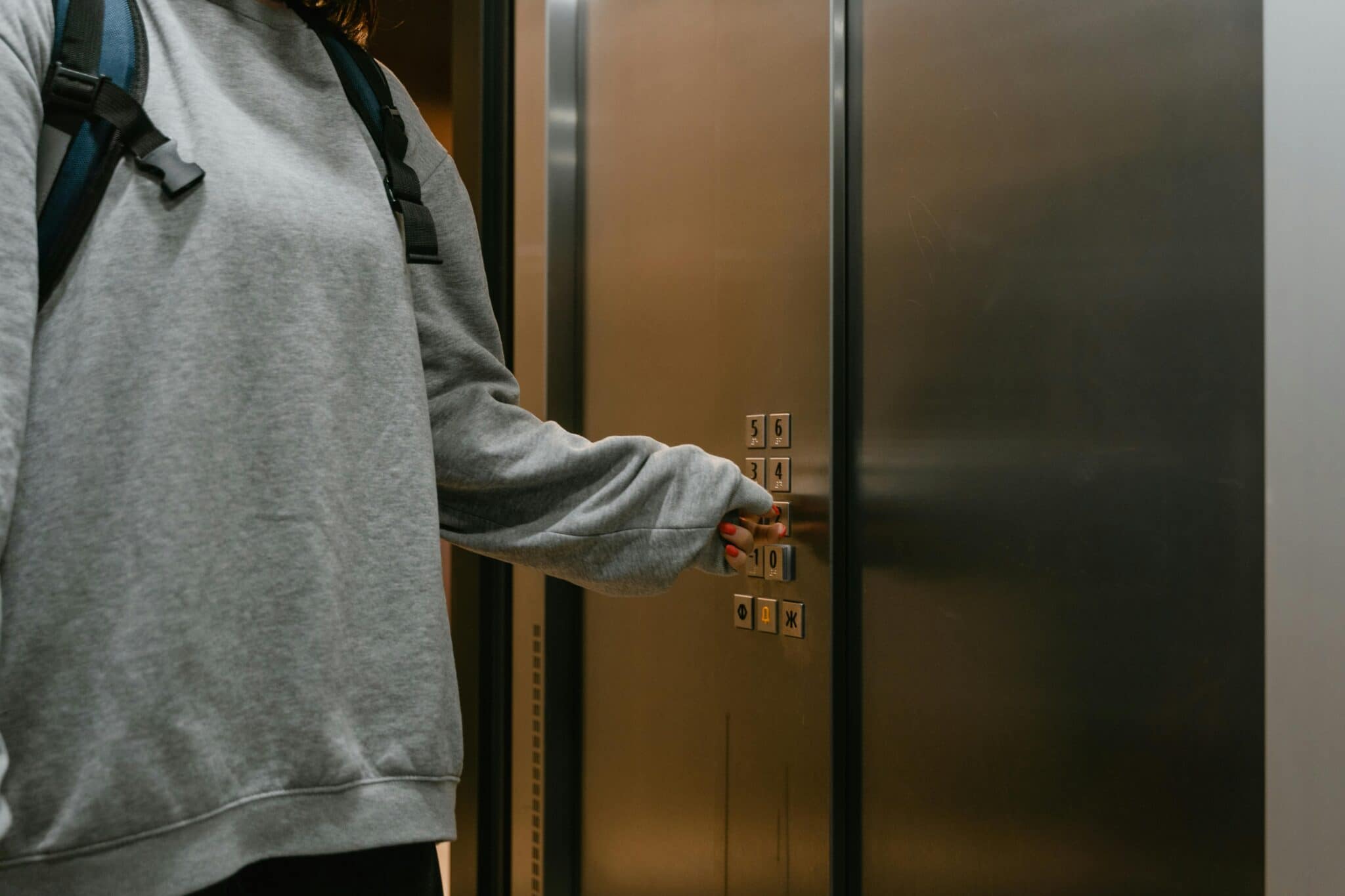Property owners often grapple with the challenge of balancing operational costs while ensuring safety, efficiency, and comfort within their buildings. Elevators, as integral components of modern commercial and residential infrastructure, require regular maintenance to function optimally and safely.
Proactive elevator maintenance emerges as a powerful strategy to mitigate rising costs, prevent unexpected breakdowns, and enhance the lifespan of these systems. Debunking the notion that maintenance is merely a reactive expense displays the inherent value of viewing these services through a forward-looking lens, benefiting both property owners and occupants.
Understanding Proactive Maintenance
Proactive maintenance involves a systematic approach to servicing elevators before issues arise, thereby preventing potential disruptions and failures. This preventive method encompasses regular inspections, timely repairs, and consistent upgrades, tailored to the specific needs of each property.
By identifying wear and tear early on, property managers can significantly reduce the risk of major, costly repairs later. Anecdotal evidence suggests property owners who adopt a proactive stance can save up to 30% on repair costs annually, amplifying the investment’s return by maintaining operational efficiency.
Financial Benefits of Proactive Maintenance
The financial implications of proactive elevator maintenance are substantial. Unexpected elevator failures can lead to significant revenue losses, particularly in multi-story structures where tenant satisfaction is paramount. Customers often associate a malfunctioning elevator with poor management and reduced safety, potentially resulting in tenant turnover. Effective maintenance strategies preserve the functionality of these systems and protect rental income through enhanced tenant retention.
With a substantial number of service calls being reactive, businesses focusing on long-term maintenance contracts can enjoy predictable budgeting. Knowing when services are required helps manage financial planning and allocate resources efficiently.
Improving Safety and Compliance
Safety is another vital concern for properties with high foot traffic or those catering to vulnerable populations, including the elderly or disabled. By scheduling regular check-ups and adhering to maintenance schedules, property managers ensure compliance with local regulations and minimize the risk of accidents.
Potential legal repercussions from safety oversights can lead to higher costs than ongoing maintenance itself. Failing to uphold safety standards can result in significant fines or penalties. Rather than viewing routine checks as a legal obligation, embracing a culture of safety is an investment in the reputation and longevity of the property.
Choosing the Right Maintenance Partner
Selecting a reliable partner for elevator maintenance services is critical. It’s good to work with experienced professionals who understand the intricacies involved in maintaining various elevator systems. Property owners should look for companies that provide comprehensive services, from installation to emergency repairs.
Researching local options can help find the best fit for specific needs. Many businesses offer commercial elevator services throughout the San Francisco Bay Area or any other region, catering to various types of properties, including residential complexes, office buildings, and retail establishments. Understanding the local market ensures that the selected service provider can deliver timely responses and tailored solutions while remaining compliant with regional regulations.
Technology’s Role in Enhanced Maintenance
Modern technology significantly bolsters the capabilities of proactive elevator maintenance. Smart elevator systems equipped with IoT (Internet of Things) technology can monitor performance metrics in real-time, allowing for data-driven maintenance scheduling. These systems can predict when components need servicing or replacement based on usage patterns, allowing property managers to act before problems escalate.
The continuous data flow from these systems aids in reducing downtime and contributes to safety. Investing in such technologies may involve upfront costs. The long-term savings through reduced operational disruptions and service calls often justify the initial investment.
Building Customer Loyalty Through Efficient Service
For properties that prioritize tenant comfort and satisfaction, the role of reliable elevator maintenance becomes even more crucial. When tenants know they can rely on elevators functioning smoothly and safely, the likelihood of positive tenant experiences increases, which translates into stronger tenant relationships.
Properties that integrate proactive maintenance strategies often see improved feedback from occupants, generating positive word-of-mouth referrals. Satisfied tenants can even lead to increased occupancy rates. Fostering a responsive environment where tenant needs are proactively addressed helps to elevate a property’s market position and profitability.
Long-term Cost Savings Through Maintenance Planning
The implementation of a comprehensive elevator maintenance plan ensures long-term savings while enhancing the performance and reliability of these systems. Neglecting elevator maintenance can lead to unforeseen costs linked to extensive repairs or replacements that may occur due to insufficient care.
Within an effective planning approach, property managers can map out maintenance schedules aligned with operational downtime, boosting efficiency. Long-term relationships with service providers can lead to better price structures and priority service arrangements, defining a climate of successful facility management. As the adage goes, “an ounce of prevention is worth a pound of cure,” and this is true in the context of managing elevators within properties.
By prioritizing proactive elevator maintenance, property management can ensure efficiency, safety, and significant cost savings. With proper planning and selecting the right partners, property owners reinforce their commitment to creating a safe and comfortable environment for both tenants and staff.
Published by HOLR Magazine.



